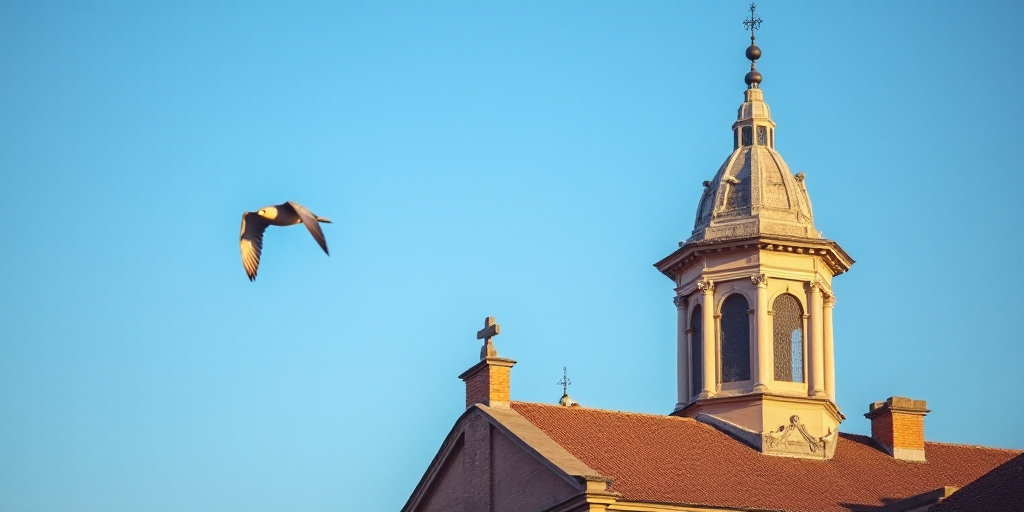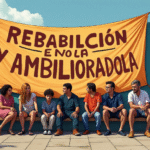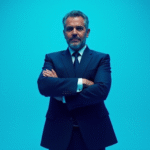Francis’s Legacy: A Reformist Pope
Francis has left an image of a reformist pope, whether it’s about lifting the papal secret on sexual violence, addressing church operations and finances, or showing a growing inclination to bless same-sex couples. However, according to François Mabille, director of the Geopolitical Religion Observatory, there have been no changes in traditional conservative doctrines such as abortion, end-of-life issues, priestly marriage, women’s ordination, or homosexuality.
As the leader of a 1.4-million-strong Catholic Church, Francis was known for using phrases that “impacted public opinion” and criticizing leaders, albeit subtly. He famously asked, “Who am I to judge?” regarding homosexuals and referred to a “culture of waste” when discussing environmental issues, one of his key battles. He advocated for “an attitude of openness towards those who suffer.”
With his successor, elected by cardinals in the coming weeks, “it’s not certain that the issue of migrants, which he hammered for 12 years, will be addressed with the same frequency and intensity,” Mabille noted.
“Flexibility”
Another potential turning point, according to the researcher, is Francis’s involvement in conflicts, which has been “disproportionate compared to almost all 20th-century pontiffs,” whether in Ukraine or the Middle East. His calls for action have had limited effects, and his successor will likely take a “secondary role,” Mabille predicted.
Moreover, the next pope must tackle “burning issues” for the Catholic Church, such as women’s roles and overall organization. “If the debate is closed, there’s a risk that some Catholics will leave,” Martin Dumont, secretary-general of the Institute for Religious Research, warned, as the Church faces a vocations crisis in Europe.
“Surprises”
The successor to Francis might have a “more controlled” discourse after a pope who “spoke constantly and about everything.” There will need to be “someone who speaks less” and adopt a “more collegial flexibility” in governance, Dumont suggested. However, he emphasized that “in terms of mission, regarding the participation of laity in church life, there shouldn’t be any significant change.”
Unlike previous elections, such as after John Paul II’s tenure when two distinct ideological paths emerged between the strong personalities of Cardinal Carlo Maria Martini (more progressive) and Joseph Ratzinger, there isn’t a clear division this time. “There might be surprises,” Mabille said, as some personalities could deviate from the majority, which consists of nearly 80% cardinals appointed by Francis.
The appointment of Archbishop Fridolin Ambongo of Kinshasa, who led a fierce protest by the African episcopate against blessing same-sex couples, to cardinal status demonstrates this possibility. Ambongo’s strong position in Africa, a growing region for the Church, could lead to dissenting voices.
Additionally, some cardinals might be dissatisfied with Francis due to personal or relational factors. The pope’s authoritarian tendencies, such as suddenly dropping loyal collaborators, could also contribute to dissent.






